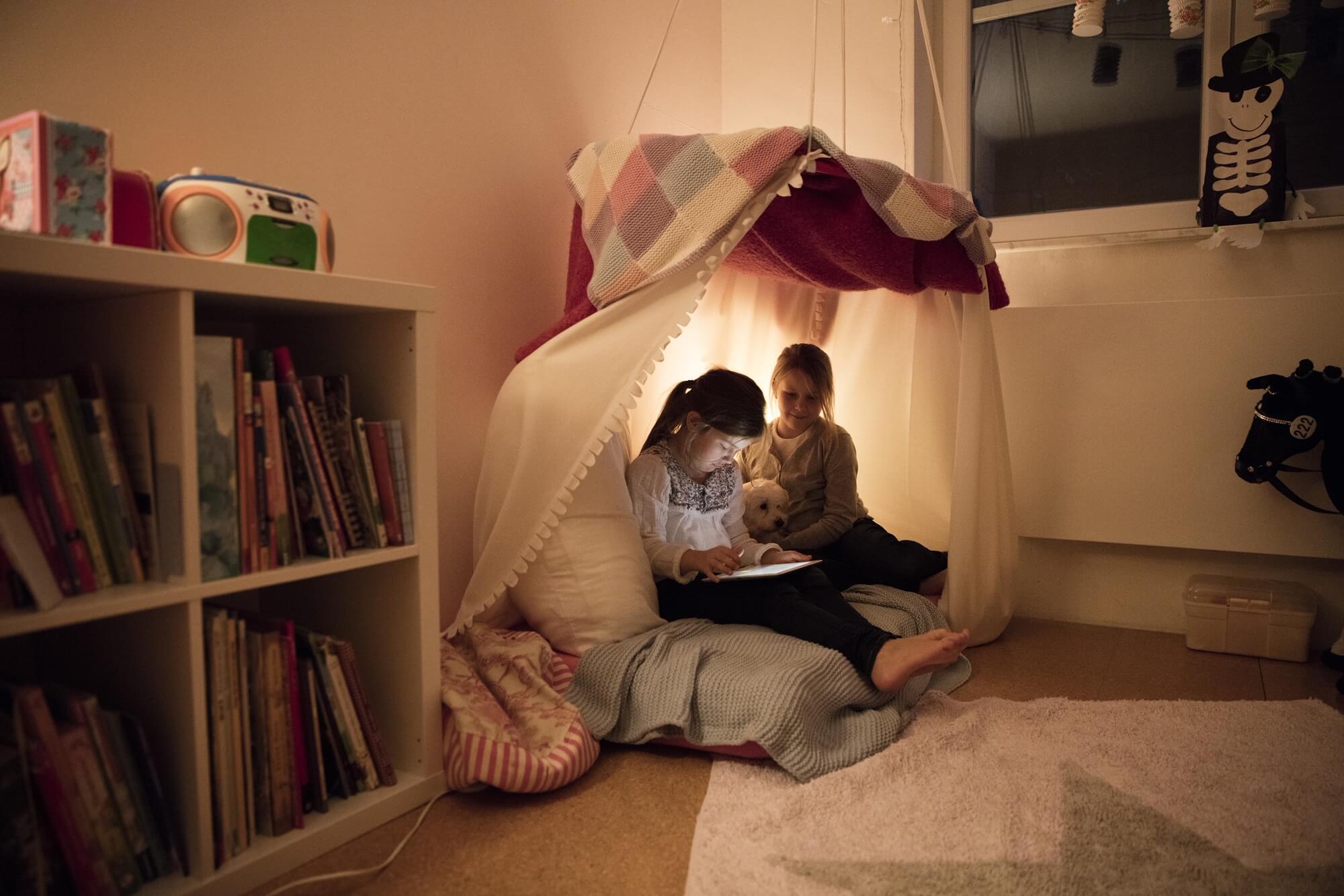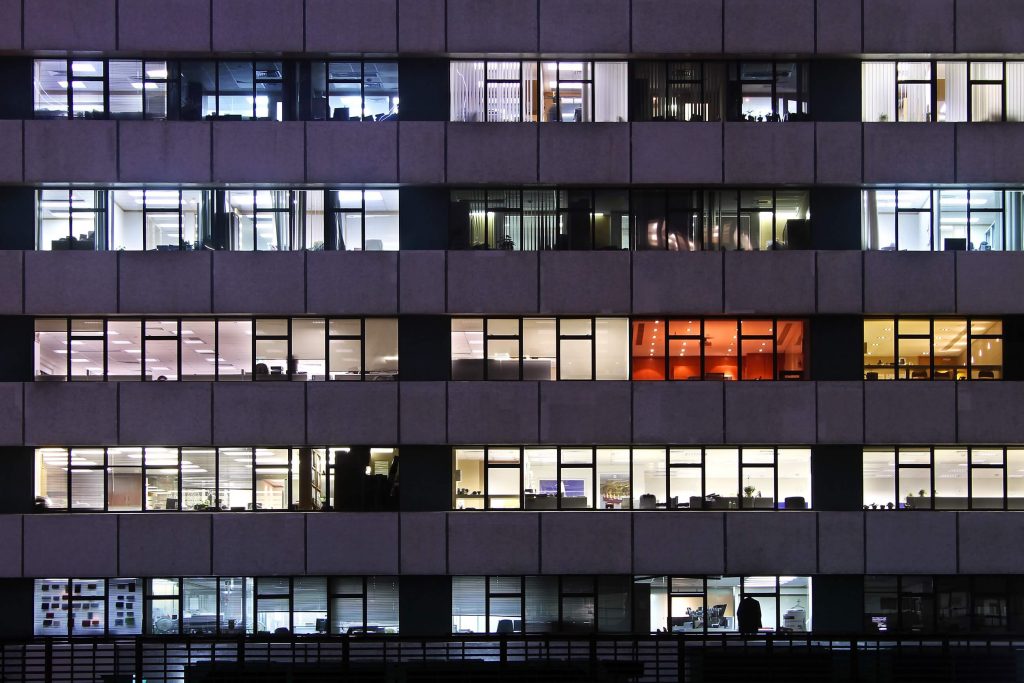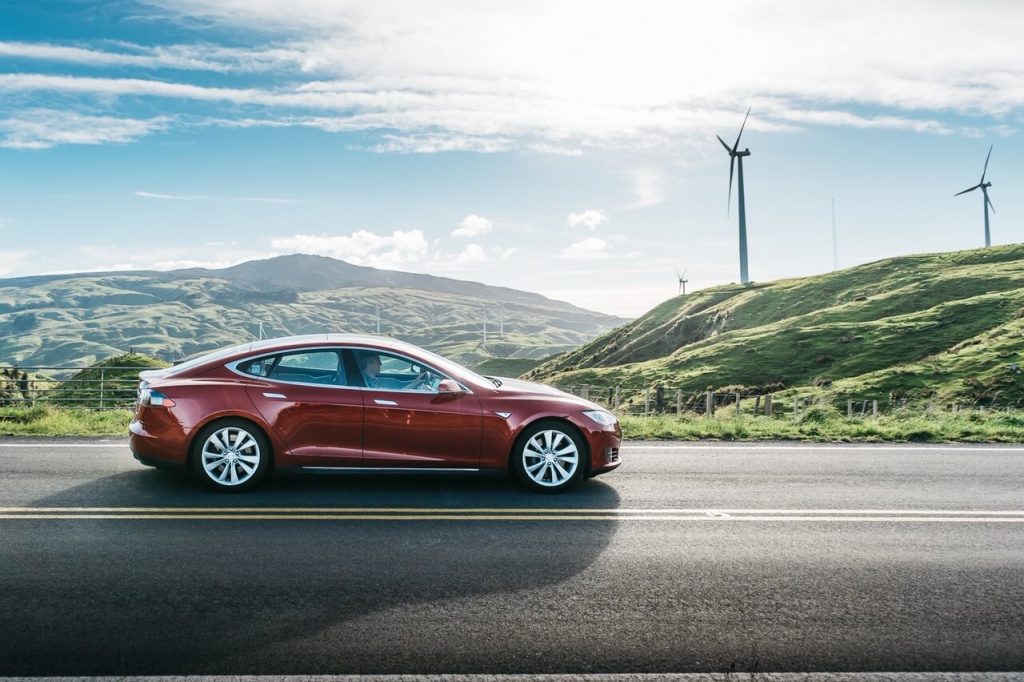The Energy Efficiency and Conservation Authority (EECA) chief executive Andrew Caseley explains why it’s important to sow the seeds of hope when it comes to climate change – and how an upcoming campaign (Sept. 21) by the agency aims to galvanise consumers, businesses and organisations to take action.
Climate change in the news
If you feel like you are reading and seeing more articles and news about climate change, you’re not wrong. Suddenly, climate change is mainstream, and it’s not uncommon to see it mentioned by businesses, government and people as one of their top concerns.
But the news about climate change is generally bad. Sea level rise, storms, disease, glacier melt, loss of diversity – the list goes on, and the person in the street understandably sees the problem as far too big and scary for them to do anything about. Easier to turn away and try to ignore the problem.
EECA has investigated what we – with our mandate to promote energy efficiency and renewable energy – might do to support New Zealanders to reduce greenhouse gas emissions, and became aware that the negativity associated with the climate change story is part of the problem.
Rather than galvanise people into action, psychologists and behaviour change experts tell us that the relentless negativity of the climate change story simply turns people off.
Providing hope
The answer is not to gloss over the challenge, but rather to highlight the areas where we as New Zealanders are gaining traction, to share the success stories and progress being made, and demonstrate that business and government are increasingly responding seriously to the challenge facing us.
With those findings in mind, EECA has developed a new campaign to support climate change action, that brings together all sectors of society, shows widespread support for action, and demonstrates that taking action on climate change is not only achievable but can be something that collectively will actually improve our current lifestyle and well-being.
Good news stories
In fact, it’s not hard to find good news stories. Within EECA’s ambit, we see many businesses and organisations taking climate change seriously, and aligning their strategies with a future that is low carbon.
In the business sector, more than one hundred businesses have now joined the Climate Leaders Coalition, pledging to reduce their emissions and work together to promote business leadership on climate change.
EECA works with many of its members who are large energy users like Fonterra, New Zealand Post, Oji Fibre Solutions, Sky City, and Silver Fern Farms, and we’re thrilled to see these entities committing to invest significantly in long-term solutions to reducing their energy and emissions.
In transport, uptake of electric vehicles has nearly tripled in the past two years, with nearly 15,500 now on the roads.
EECA’s Low Emission Vehicles Contestable Fund – now in its seventh round – is still attracting scores of excellent projects that introduce electric and low emissions transport options to New Zealand. The fund has encouraged entrepreneurs and start-ups to take a risk on innovative projects – as a result, there are now charging stations in remote areas of New Zealand, and electric vehicles and technology popping up everywhere, from New Zealand Post’s electric courier van trial, electric rubbish trucks in Palmerston North, and electric courtesy cars made available to people getting their petrol or diesel car repaired.
Improving well-being
EECA often observes how investment in energy efficiency creates additional benefits for businesses – some unexpected. Using wood instead of coal for heating greenhouses or fuelling boilers means staff avoid having to dispose of toxic ash. The LED lighting is not only more efficient but lasts longer – meaning that costly and time-consuming bulb replacement needs to happen less often.
These same sorts of benefits apply to energy efficiency in our homes and communities: the actions we take to reduce emissions can also improve our well-being. Switching the car for a bike will make us fitter. Insulating your house improves your family’s health. Buying energy-efficient appliances and equipment reduces electricity costs, providing income for other needs.
Some will object to the idea of making changes to the way they live. But we’ll have to live differently if we are going to reduce emissions – isn’t it better to challenge ourselves to find ways that make this transition not only palatable but an improvement to the status quo?
To help answer this EECA is launching a campaign on Sept. 21 that will coincide with the UN Climate Action Summit in New York. The aim of the campaign is to connect individuals, businesses, iwi and other organisations to take action on climate change. The initiative will promote the benefits of taking individual action and show that collectively, small actions can make a difference. Sharing positive stories will show the progress we as a nation are already making, as well as demonstrate that living a climate-friendly lifestyle is not only do-able but aspirational.
It is also urgent. “We are the first generation to feel the impact of climate change and the last generation that can do something about it” so it is up to the people alive today to step up and play our part – not in ten years, not in five years, but today.
Reducing New Zealand’s emissions will be hard. But New Zealanders are inventive, and we have the advantage that as a nation with the low population we can implement significant changes in a short space of time.
EECA research shows us that New Zealanders understand that climate change is something we need to act on, but often lack the understanding of what will make a difference, so along with our partners – we plan to fill that information gap.
But more importantly, we seek to engage on an emotional level. Now is the time for a new, positive story of change that inspires our people to act together. The future can be better – and we can reduce emissions – now is the time to meet the challenge.





Leave a comment